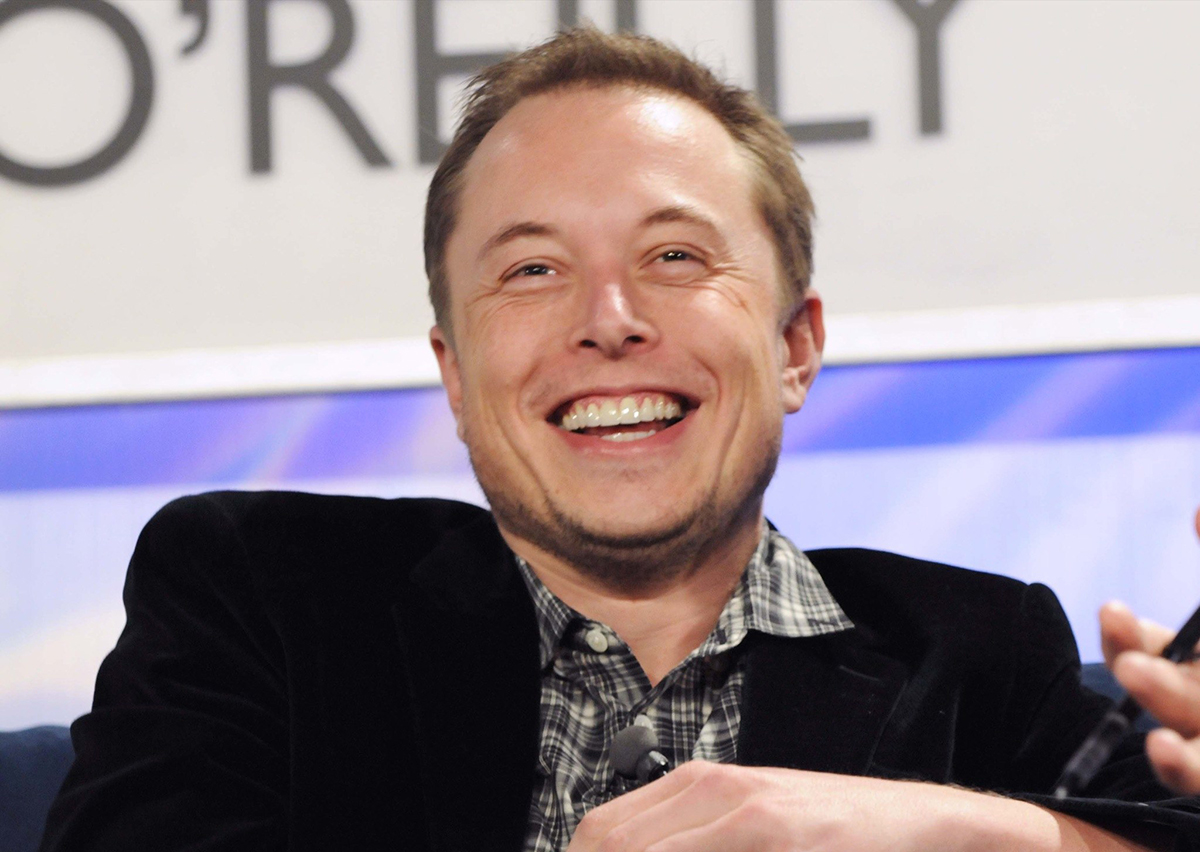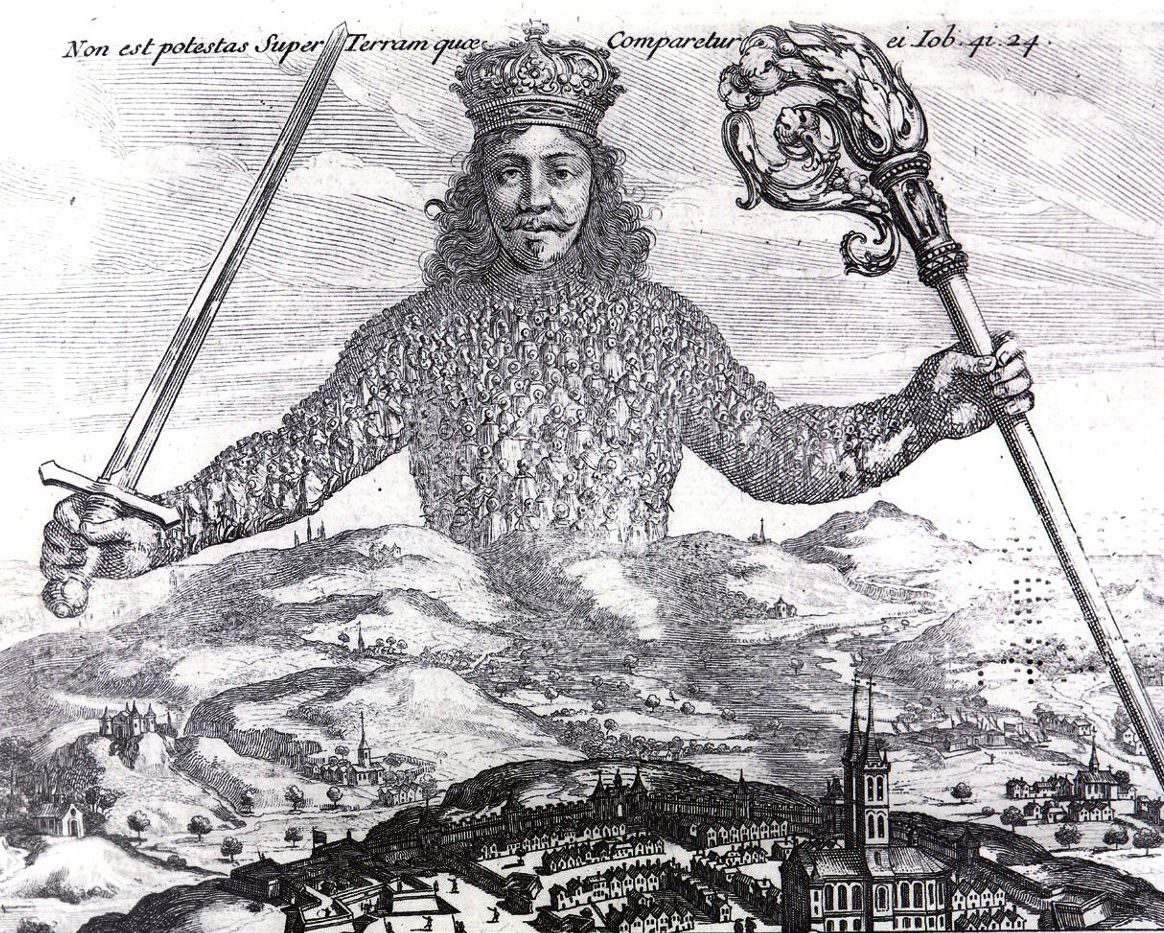Science / Tech
The Trouble with Technocracy
Elon Musk offers a good example of how technocrats don’t always get it right, and why trusting them with the world’s progress is risky.

Technocrats are the technical experts who help to lead industries. Considerable and constant success can launch a technocrat’s career into such lofty heights that they reach orbit (especially if said technocrat has ambitions which most of us share as kids). It creates an intelligent, wealthy, and powerful member of society who has the ideas, the money, and the means to direct technology, and therefore society, in the direction they want it to go. The label ‘technocrat’ has no moral connotations, so one can be a technocrat whether or not one’s intentions are pure. A technocrat is also usually an expert in just one specific area (increasingly in science and technology as their prominence continues to increase).
Elon Musk offers a good example of how technocrats don’t always get it right, and why trusting them with the world’s progress is risky. On 23 May, Musk sent a tweet declaring he will create a new website “where the public can rate the core truth of any article & track the credibility score over time of each journalist, editor & publication.” Sounds great, right? Maybe not so much. He has decided to call it Pravda, which means ‘truth’ in Russian. It is also, of course, the name of a Russian newspaper and former propaganda arm of the Soviet Union’s Communist Party. Two days later, Musk announced on Twitter that, since the domain name was already taken, that Pravduh.com was bought instead. Apparently, he is serious.
From the information presently available, Pravda sounds like a fundamentally flawed idea. But since Musk has yet to divulge the details, it is difficult to estimate the scope and form the website will take. Will everyone get to vote on every single publication and journalist? Will they have to prove that they have read anything by the writer in question? What will the rating system look like? These questions open Pravda up to potential criticism from multiple angles.
Pravda’s notion is essentially that of a consumer-run media. It is a reaction against the cries of fake news which have plagued the media for the last few years. The media simply isn’t trusted as it once was—and in many cases, rightly so. Mainstream outlets have obvious political affiliations and biases which have only become clearer during the Trump era, as various publications, networks, and journalists appeal to their established audiences at the expense of a more accurate, less partisan, and less speculative focus on reporting.
But is a consumer-run media the answer? Pravda will need to rely upon mass participation to weed out writers who routinely report fake news and publications whose political agenda has become too obvious. It is a utopian project in which everyone who rates a journalist is fair-minded and informed enough to judge what is and what is not ‘real’ news. The personal biases, at which the mainstream media directs its more provocative pieces, will apparently become a thing of the past as one man’s truth becomes every man’s truth. Everyone will be safe from the dangerous lies of the media and Musk will be the messiah protecting his flock from being led astray.
As a technocrat, Musk is building a cargo cult-like fan base which believes that he is the man to transform the world and give us all the things we ever wanted—from self-driving cars to brain-enhancing implants, from high speed travel to space travel. His word is becoming sacrosanct and any attempt to criticise some of his more radical ideas, including Pravda, is met with an indignant shout down from his followers. Even Sam Harris, a man made famous by his campaigns against religions and faith-based beliefs, has defended Musk from criticism.
It is important to remember that Elon Musk has contributed massive amounts to the world already, and I feel sure he will contribute much more in the future. To take the ultra-defensive position, which some journalists have already adopted, is probably a mistake because it diminishes Musk’s worthy achievements and ignores the failures of the media, underscoring the reason why Pravda has already struck a chord with so many. Nevertheless, it is vital that the idea behind Pravda is scrutinized.
For a consumer-run media to work, mass participation is necessary. This isn’t unfeasible with the internet being so widely available. However, the quality of that participation is also important. If just anyone—troublemaker or pure hearted—can rate the news and influence the opinions of other readers, the problem of fake news is only likely to be exacerbated. Truth is not defined through consensus. There is an abundance of examples of popular opinion being incorrect.
And personal biases will certainly decide how people rate what they read. Disagree with the conclusion of an article? Downvote. Didn’t read the whole article but were offended by a particular line? Downvote. Already hate Fox News? Downvote. A culture which decides truth by way of numbers is flawed. Not everyone, and perhaps no-one, is capable of setting aside their political prejudices to make an informed critical decision on a piece of political writing. Perhaps the more polarizing and obvious forms of fake media will be suppressed by Pravda, but at what cost?
The nature of the media means that it cannot be governed by the consumer because its purpose is to inform. You cannot choose what is and isn’t informative; something is not true or false just because you say so. Of course, by choosing a certain publication to read, you decide who you are informed by. Your echo chamber can be made safe from penetration, if you so choose. But the Pravda experiment is different. It will allow the echo chamber to have an influence on those outside of it. Admittedly, I believe that the more serious cases of fake news are likely to be stamped out. Anyone who sees that Buzzfeed, for example, scores low on hit pieces about what Donald Trump does in hotel rooms, are more likely to begin an article with a different attitude: instead of disbelief over President Trump’s antics, they may be more inclined to distrust the article and read it more as entertainment.
On the other hand, because politics is so polarized at the moment, those with ideological convictions are unlikely to be deterred. Huffington Post will maintain the loyalty of the partisan Left and Breitbart will hold onto the Right. In the same way that brand loyalty can convince someone to buy a more expensive product, ideological loyalty will enable ignorance. Moreover, the disciples of radical politics are usually well aware that they are in the minority, so merely informing them of the unpopularity of their opinions is unlikely to make much difference.

However much we may want to believe otherwise, technocrats aren’t—and shouldn’t be—totally benevolent. People like Elon Musk are out to make money, and Musk is worth over $20 billion according to Forbes. This isn’t necessarily a bad thing—accumulating large amounts of money is difficult and those who succeed in doing so have a right to be applauded for their achievements. But vast wealth bestows great power and influence and this is certainly true in the case of Musk. Without his fortune, his craziest ideas would be as useless as the next man’s. All power has the potential to corrupt, and the power of Pravda risks corruption by the personal ideologies of its users. But, in addition, we ought to be concerned about the effect administrators of the website have on the direction the project takes.
Pravda assumes the role of government in the age of totalitarianism—control over the media. Those who administer the website will have to decide which ratings are worthwhile and which are useless. But who will these regulators be? We are already seeing a version of this dilemma at Facebook, as their regulators seek to identify and screen out fake news, thereby controlling what appears in users’ feeds. In the same way, Pravda would regulate consensus. The government’s relationship with the media will be replaced by Pravda. Where, historically, the media and politics have wrestled to effectively regulate each other, this will no longer be the case. And, as we have seen in technocratic governments of the past, technocrats aren’t always suited to the task of being government officials.
Italy’s technocratic government of 2011, led by Mario Monti, was both the result of a failure and a failure itself. It was formed in response to both the political Left and Right in Italy who had led the country in the aftermath of the financial crisis, and it made a negligible impact. Having little political experience themselves, the technocrats soon became widely unpopular and slumped to fourth in Italy’s next election. Technocrats have vested interests in government legislation, being top of their fields. Consequently, they are likely not only to run the country as they would their business, but to direct it in way which suits their industry and interests. As a result, Italians became disenchanted with technocracy. The populist backlash with which Italy is now confronted, in the form of the populist coalition of the Five Star Movement and the Northern League, is largely a result of the technocratic government’s failures to address the real needs of the country.
Elon Musk and Pravda may yet find themselves in a similarly precarious situation. In an attempt to fix the problem of an untrustworthy media, they risk creating an uncontrollable beast of consensus-based truth. As General Patton famously said: “if everyone’s thinking alike, then someone isn’t thinking.” Unfortunately, the cult following the charismatic leadership of Elon Musk has created breeds those who attempt to think as he does and defend his word as gospel, because he’s smarter than they are.
All of this matters because the role of technocrats in the decision-making of democratic societies is likely to increase. With more innovators able to communicate with those who support them more easily, their ideas will gain greater traction and wider support. While it is reasonable to allow the smartest in society to manage certain aspects, it is vital to remember that there are a lot of them out there and we should not limit ourselves to just one, very ambitious, technocrat. There is also a wealth of other kinds of experience that a well functioning world needs, and people lower down the ladder have equally as important experiences and ideas which should not be left ignored.






